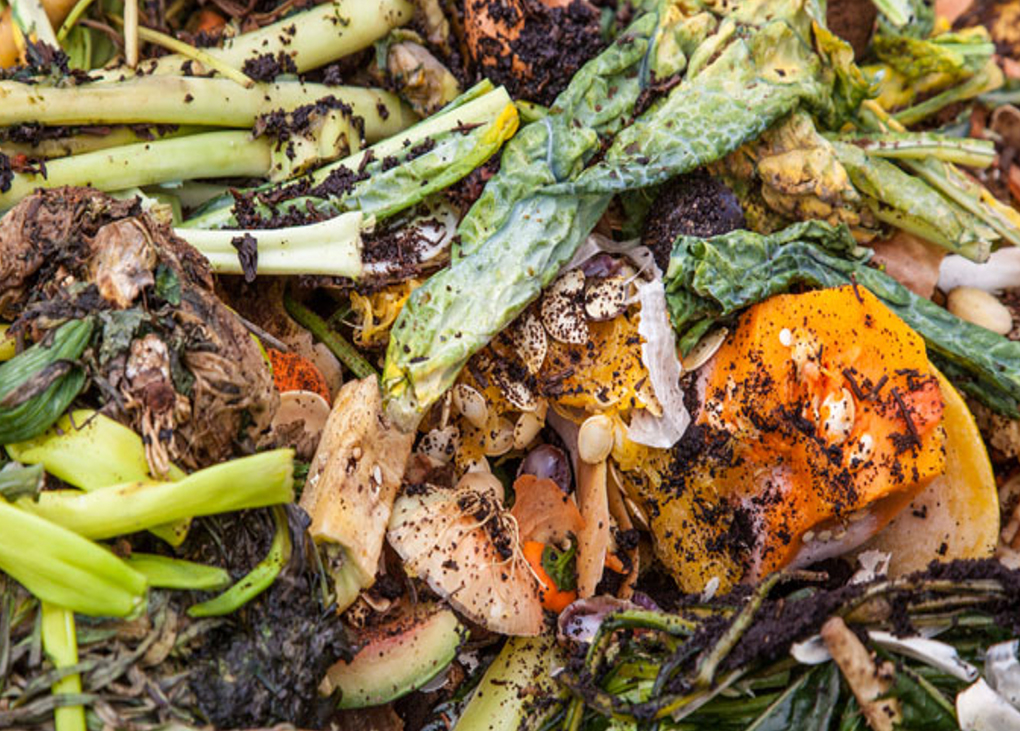Failures in the cold food chain cost the Australian economy nearly $4 billion worth of wasted food at farm gate values, says a new government- and industry-sponsored study.
The study was carried out by the Melbourne-based Expert Group for the Department of Agriculture, Water and the Environment and Refrigerants Australia. This is the first time estimates of food waste attributable to breaks and deficiencies in the cold food chain have been provided. The report highlights problems with temperature control and food handling practices in refrigerated transports, loading docks and cold rooms across the country.
Labelling the report a wake-up call, the Australian Food Cold Chain Council (AFCCC) is demanding an urgent response by governments and businesses.
“It is almost criminal that one-quarter of Australia’s production of fruit and vegetables is never eaten. This loss alone accounts for almost two million tonnes of otherwise edible food, worth $3 billion. Meat and seafood waste in the cold chain costs the country another $90 million and dairy losses total $70 million,” says AFCCC Chairman, Mark Mitchell.
The report cites temperature abuse as one of the main reasons for food wastage. The huge temperature variations between truck or trailer, loading docks and storage facilities present the greatest risks for perishable food occurring during transportation and handling between mobile and stationary refrigeration points, says the study.
AFCCC has embarked on an educational campaign in a bid to improve standards, including the basics of temperature measurement with properly calibrated thermometers, and how to pack food pallets in a refrigerated space.
“An Australian Cold Food Code could be a game changer for food producers and consumers. It is all very well to implore cold storage facilities, trucking companies and supermarkets to redouble their efforts to reduce food waste, but they need the support and guidance of an updated and practical code, combined with an education campaign for cold chain practitioners. The AFCCC is working on this, in cooperation with the many Australian food and transport groups who share our concerns,” says Mitchell.
The AFCCC was formed in mid-2017 by a cross-section of industry leaders, covering manufacturing, food transport, refrigeration and cold chain services. The council encourages innovation, compliance, waste reduction and safety across the Australian food cold chain.
The study is available to read here.



Leave a Reply